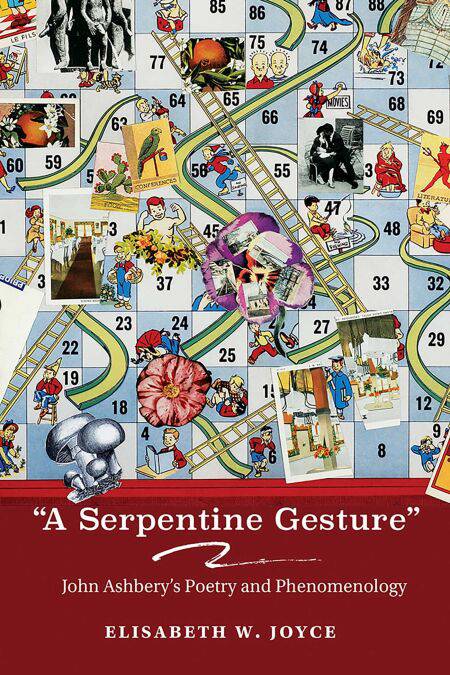
- Afhalen na 1 uur in een winkel met voorraad
- Gratis thuislevering in België vanaf € 30
- Ruim aanbod met 7 miljoen producten
- Afhalen na 1 uur in een winkel met voorraad
- Gratis thuislevering in België vanaf € 30
- Ruim aanbod met 7 miljoen producten
Zoeken
€ 22,36
+ 22 punten
Uitvoering
Omschrijving
In “A Serpentine Gesture”: John Ashbery’s Poetry and Phenomenology Elisabeth W. Joyce examines John Ashbery’s poetry through the lens of Maurice Merleau-Ponty’s conception of phenomenology. For Merleau-Ponty, perception is a process through which people reach outside of themselves for sensory information, map that experiential information against what they have previously encountered and what is culturally inculcated in them, and articulate shifts in their internal repositories through encounters with new material. Joyce argues that this process reflects Ashbery’s classic statement of poetry being the “experience of experience.” Through incisive close readings of Ashbery’s poems, Joyce examines how he explores this process of continual reverberation between what is sensed and what is considered about that sensation and, ultimately, how he renders these perceptions into the “serpentine gesture” of language.
Specificaties
Betrokkenen
- Auteur(s):
- Uitgeverij:
Inhoud
- Aantal bladzijden:
- 258
- Taal:
- Engels
- Reeks:
Eigenschappen
- Productcode (EAN):
- 9780826367303
- Verschijningsdatum:
- 14/12/2024
- Uitvoering:
- E-book
- Beveiligd met:
- Adobe DRM
- Formaat:
- ePub

Alleen bij Standaard Boekhandel
+ 22 punten op je klantenkaart van Standaard Boekhandel
Beoordelingen
We publiceren alleen reviews die voldoen aan de voorwaarden voor reviews. Bekijk onze voorwaarden voor reviews.







